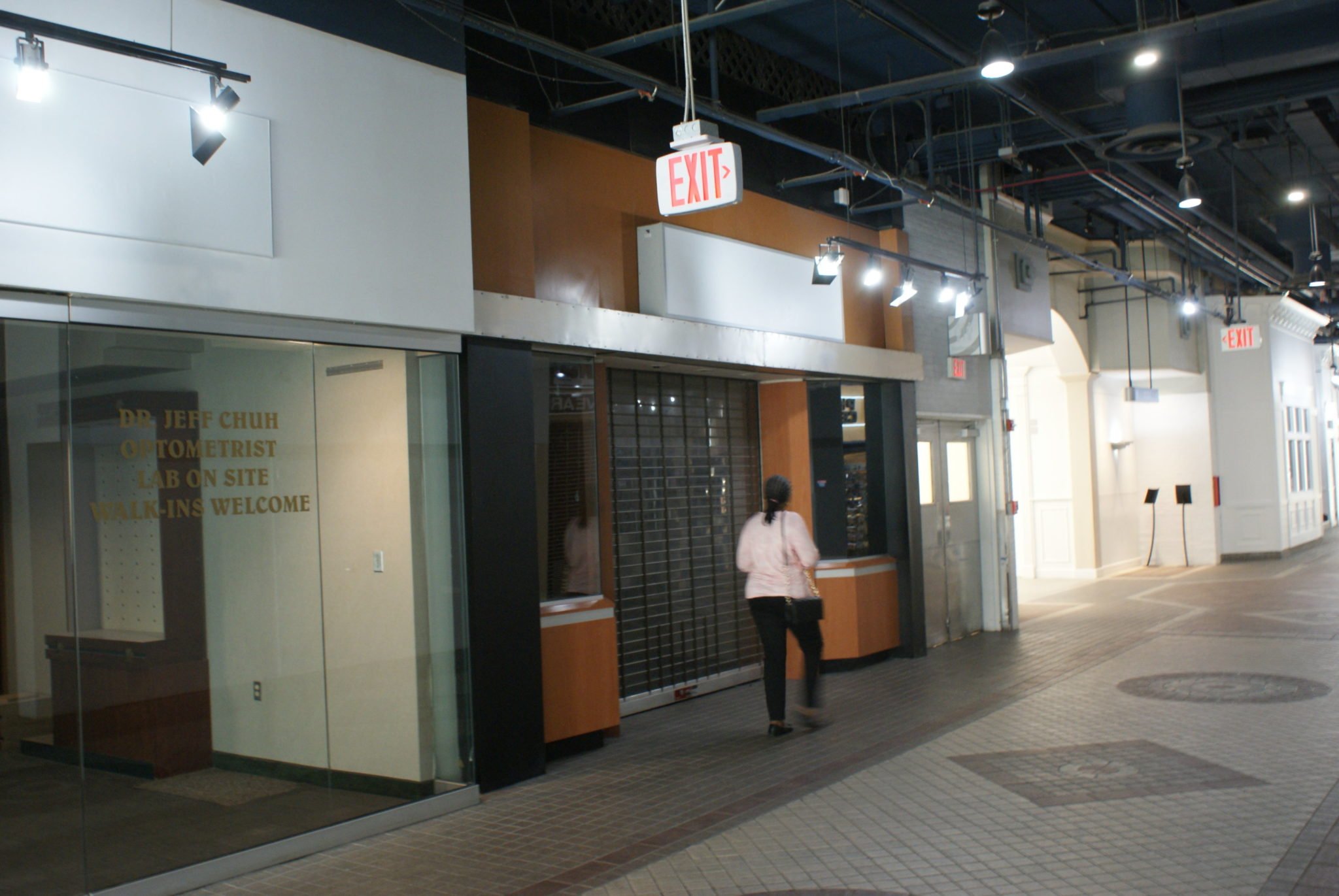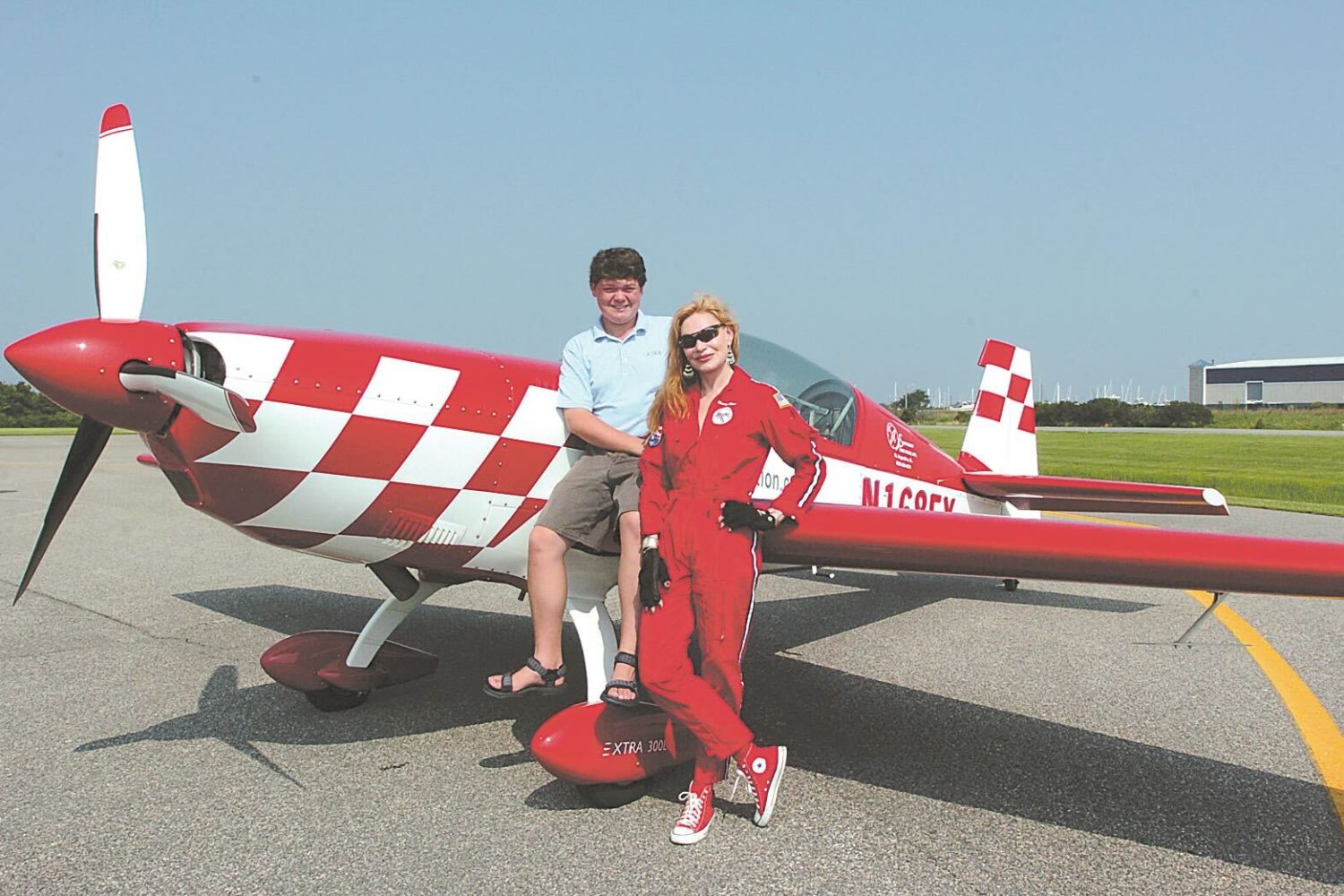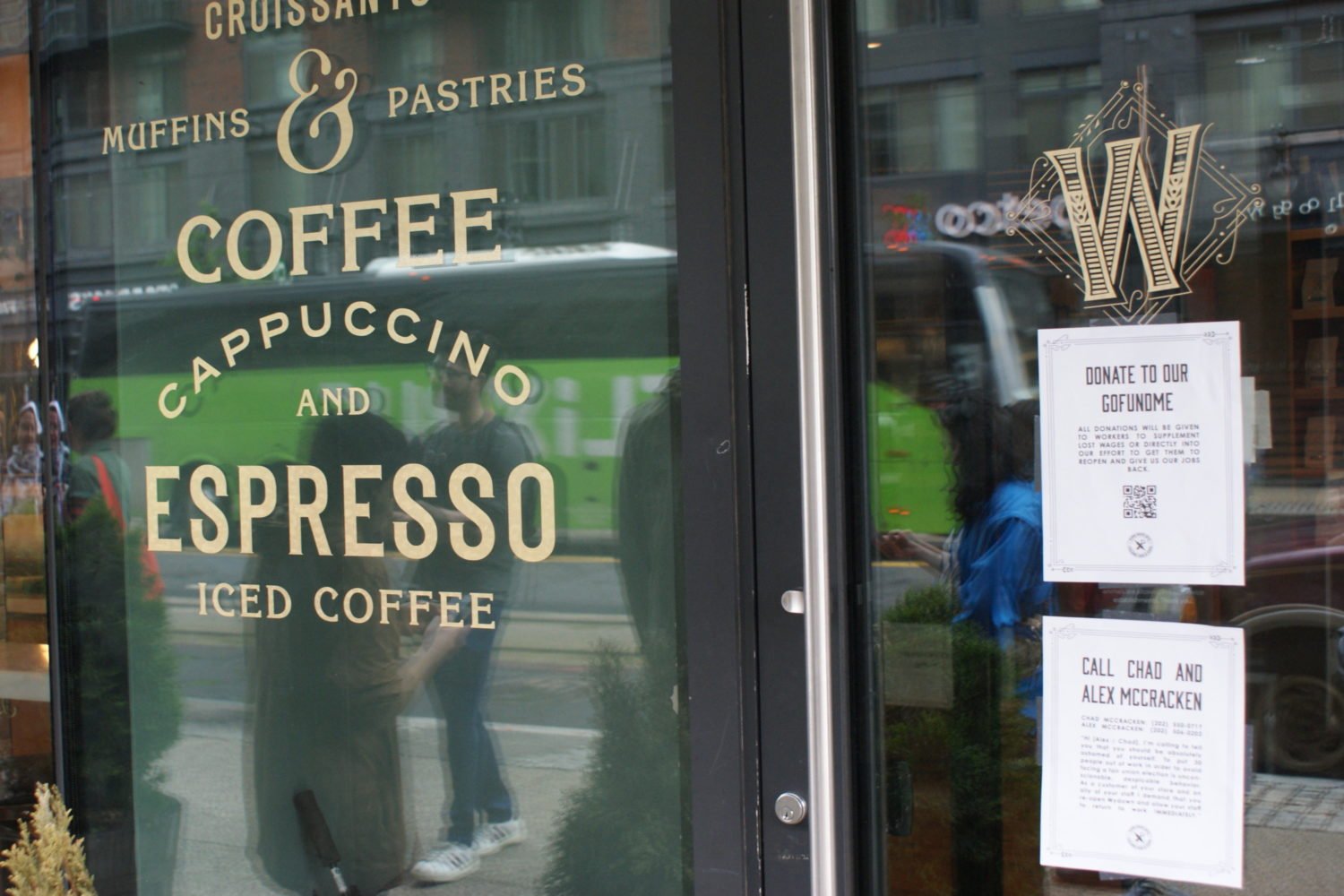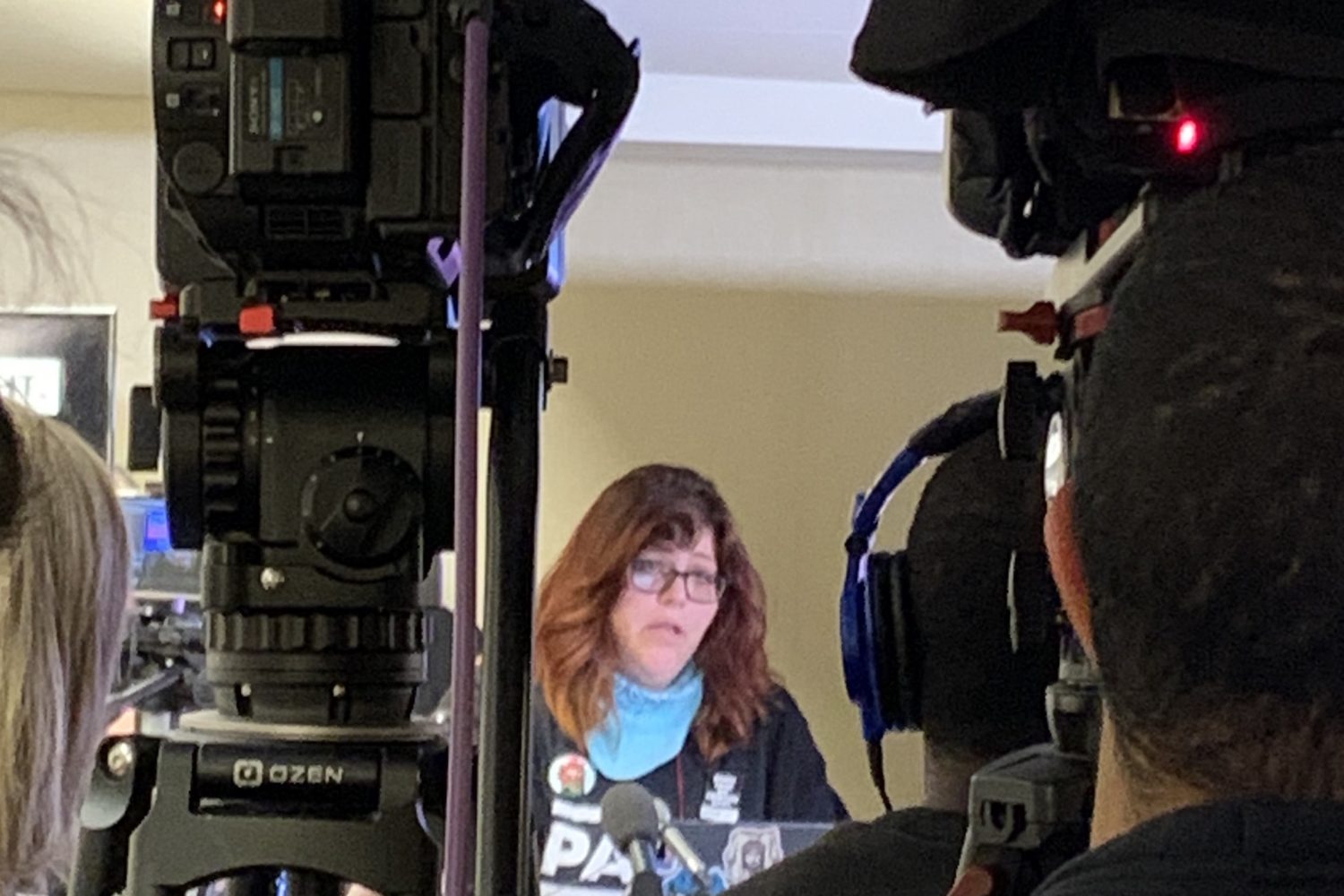For nearly 50 years, Jack Levonian’s photography store has occupied a small piece of subterranean real estate in Arlington, a catacomb called the Crystal City Underground.
Levonian and his Metro Camera shop moved in after the underground mall opened in 1976. It was the happening place to be back then, he says, a shopping center of the future in an Arlington neighborhood that had little to offer back then beyond government offices.
“Things have changed,” Levonian said. “I’m looking for something different.”
Levonian, along with the rest of Crystal City Underground’s remaining shopkeepers and patrons, are all indeed looking for something new. Property owner JBG Smith is set to close the mall’s stores this October, as first reported by the Washington Business Journal on Tuesday.
“As the retail landscape has shifted and as National Landing has continued to evolve, it has become apparent that the Underground retail concept is no longer financially sustainable,” a JBG Smith spokesperson said in a statement to the Business Journal. We are working with tenants as they relocate, offering flexibility during this period of transition.”
While JBG Smith did not respond to Washingtonian’s request for comment, they plan on keeping the mall’s corridors open for pedestrian passage, according to the Business Journal.
As Crystal City evolved from a coterie of office parks for military installations and the U.S. Patent Office to the stomping grounds for Jeff Bezos and Amazon’s HQ2, the Underground remained, trapped in an amber of 1970s architecture. Some signs still bear the old name of the nearby “Jefferson Davis Highway,” which was renamed to Richmond Highway in 2019.

But the mall stayed afloat, in part due to its somewhat strange roster of clients. There was Puppet Heaven, the puppet store run by a Beninese immigrant. There was Ship’s Hatch, a military gift shop that filled out flag pin orders for the White House in the wake of 9/11.
When Real Jewelers—the store next door to Levonian’s—opened in 1990, there were over a hundred retailers in the complex altogether, store owner Mory Zebhideh remembers.
“The advantage of this place was that the office workers came early in the morning, and early in the afternoon, and they did most of their shopping here,” Zebhideh said.
But over the years, fewer of those office workers would call Crystal City home. The Patent Office moved out in 2005 for new digs in Alexandria, and the Pentagon’s round of Base Realignment and Closure that year would lead to tens of thousands of jobs leaving Arlington.
The final blow, Zebhideh and Levonian agree, was the pandemic. Foot traffic disappeared for a year, and never fully returned to normal as workers increasingly opted to work from home.
Some stores were able to stay afloat— Zebhideh’s jewelry business, for example, where he says a high volume of sales is not as necessary to break even. Others weren’t as lucky. Last year, the mall’s beloved watering hole, the San Antonio Bar and Grill, closed up shop. Puppet Heaven is boarded up now, and the shop’s owner, Alban Odoulamy, could not be reached for comment.
And Ship’s Hatch, the military memorabilia store, is now online-only—though owner Becky Shagdarsuren told Washingtonian her physical storefront’s shuttering had nothing to do with the Crystal City Underground’s closure.
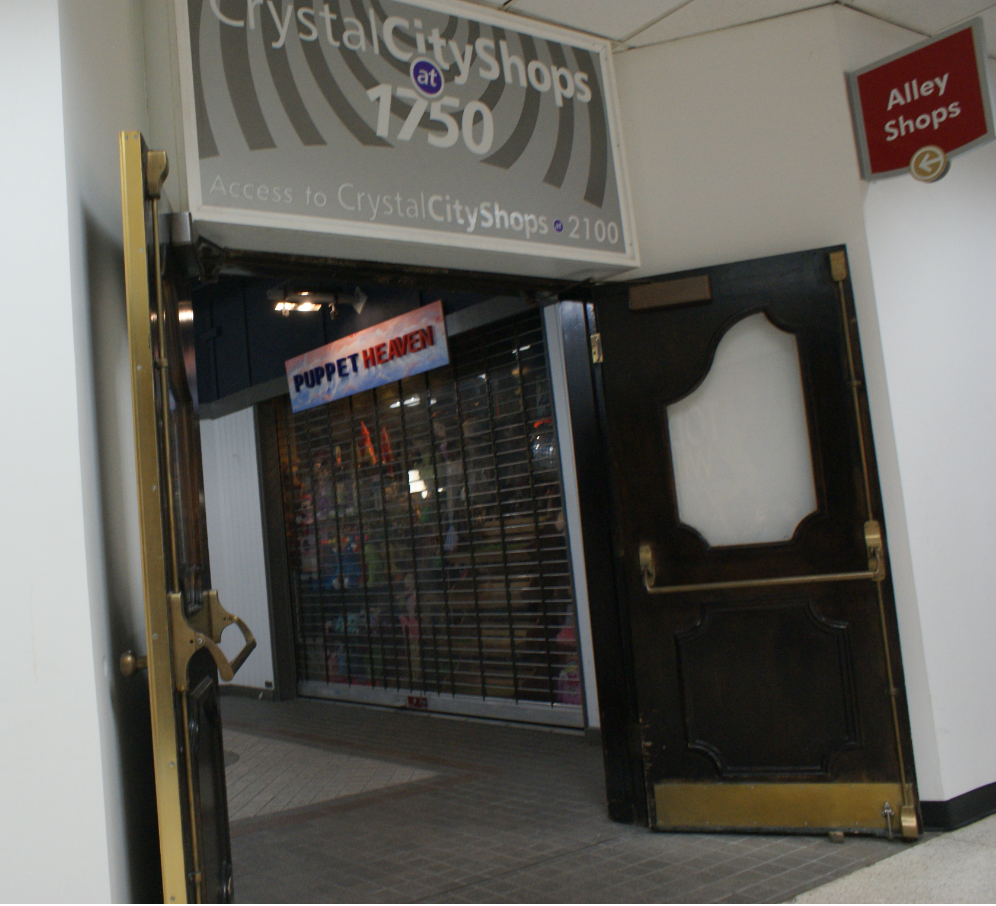
Still, the mall shows some signs of life, even in its death throes. Walk into Total Party, the full-service costume and novelty store, and a disembodied voice will greet you with “Welcome to Total Party! Woo hoo!” There was even a customer, George Washington University student Natasha Latour, who said she liked stopping by to surprise her boyfriend with gifts.
Lorenzo Caltagirone, the owner and manager of Total Party, said the mall was a “third place” for people—one distinct from work and home—where he’d still see people congregate for board games on weekends.
“It’s a shame,” Caltagirone said. “It’s kind of a gathering place…which I’m very happy and proud of.”

